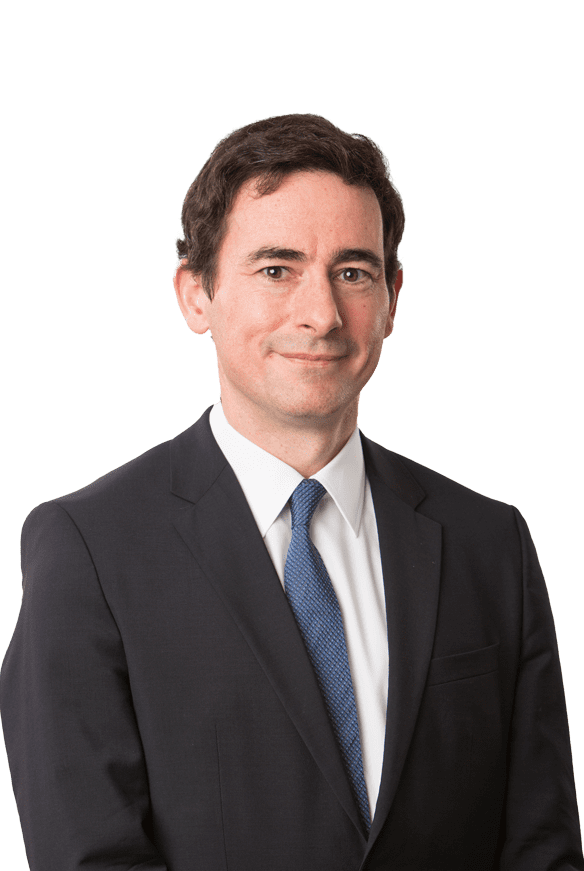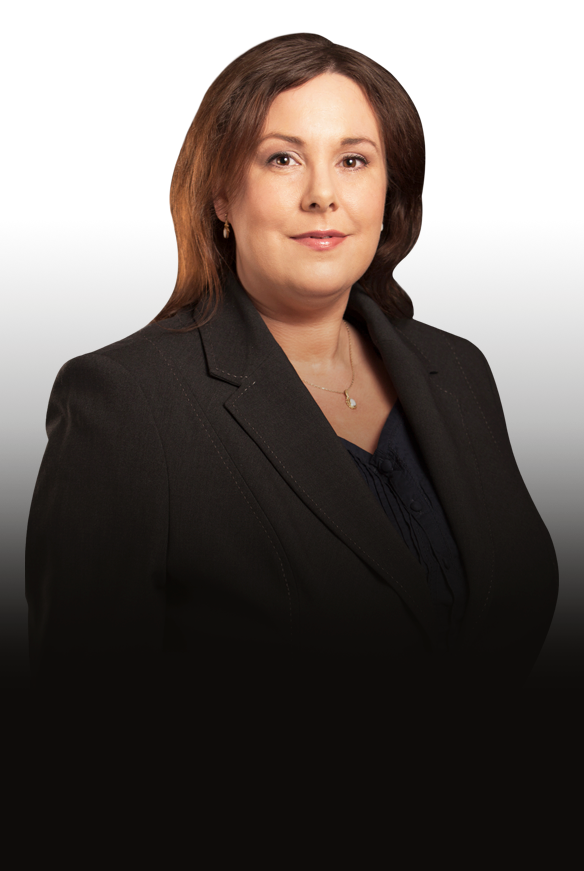A recent decision of the Technology and Construction Court (TCC) in England and Wales, Essex County Council v UBB Waste (Essex) Ltd EWHC 1581 (TCC), has examined the role and the duties of expert witnesses, highlighting the continued need for careful management of conflicts of interest in projects and construction disputes.
Background
A local authority entered a 25-year contract for the design, build, operate, maintain and finance of a mechanical biological waste treatment plant to process the county’s waste. Under the contract, commissioning tests followed by acceptance tests, to confirm the plant met the contract specification requirements were to have been completed by a series of dates, including an ultimate longstop date.
The local authority brought proceedings against the contractor, seeking damages, for failure to adequately design and construct the plant and for failure of the treatment plant to pass the acceptance tests, by the longstop date under the contract. The local authority also sought a declaration that it was entitled to terminate the contract for contractor default on this basis.
The contractor’s position was that the plant was capable of passing the acceptance tests, and any delay in passing the tests arose from the failure of the local authority to supply compliant waste to the plant. It refuted the local authority’s entitlement to terminate the contract. The contractor called various expert witnesses, including one with particular expertise in the design, construction and operation of waste treatment facilities, in connection with the technical issues raised.
Decision
The TCC found that the plant’s failure to pass the acceptance test was due to serious design errors on behalf of the contractor and not because of the local authority’s acts or omissions and awarded damages. The judgment considers some interesting questions about the role and duties of expert witnesses generally and the management of conflicts of interest arising in connection with expert witnesses.
Managing Conflicts? Role and duties of the Expert Witness
The local authority challenged the independence of one of the the contractor’s expert witnesses on the basis that they were the managing director of an engineering company that had advised the contractor in relation to an earlier design and construction phase of the project. They argued that there were “substantial questions” as to the independence, impartiality and objectivity of the expert witness.
The TCC found that:
- the expert witness should have recognised that the substantial role played by its company in design and construction of the early phases of the project over an extended period of time amounted to a conflict of interest;
- there was a failure by the expert witness to distinguish between the role of providing consultancy services to a client and the provision of independent expert evidence, including where such evidence related to those services; and
- even where there was no claim in relation to the firm’s consultancy work, a conflict of interest still arose.
The TCC determined that both the contractor and the expert witness should each have recognised that the expert witness was conflicted. The conflict of interest should have been properly disclosed. Instead expert witness reports had been written for use in adjudication and a main report for this litigation before it was disclosed. The TCC noted that if the full extent of the conflict had been identified earlier in the proceedings, it was unlikely that permission would have been given to the contractor to rely upon the evidence. However, as the issue arose late in the case, it was noted it would be treated with caution.
The TCC held expert evidence should be “independent, impartial, objective and never descend into advocacy”. Ultimately, on the basis of the technical facts presented, the court was not persuaded by the evidence of this particular expert witness.
Practical Implications
Decisions of the TCC are not binding in Ireland but are of persuasive authority. Interesting, earlier in the same month, the Irish Court of Appeal in Sweeney v The Voluntary Health Insurance Board IECA 150 considered the issue of conflicts of interests for expert witnesses. As we reported here the Irish Court of Appeal, held that an economist could not act as an expert witness for the plaintiff in a competition law action when he had advised the defendant in similar pending actions. As such, similar approaches to these issues are being adopted in both jurisdictions.
However, there are certain practical implications which flow from this latest TCC case as well as the decision by the Irish Court of Appeal. These decisions act as a timely reminder to professional consultants on construction projects to be aware of the need to remain independent and to appropriately manage conflicts, distinguishing between the role of professional consultant and the role of expert witness. In turn, owners, developers and public sector bodies need to carefully consider the issues raised by these decisions, both when engaging and challenging expert witnesses when managing dispute resolution and dispute avoidance.
Contact Us
For more information or advice on projects and construction contracts, including but not limited to the use of expert witnesses and professional consultants by owners, developers and public sector bodies, please contact Cassandra Byrne, Jarleth Heneghan or your usual William Fry contact.
Contributed by Cassandra Byrne


